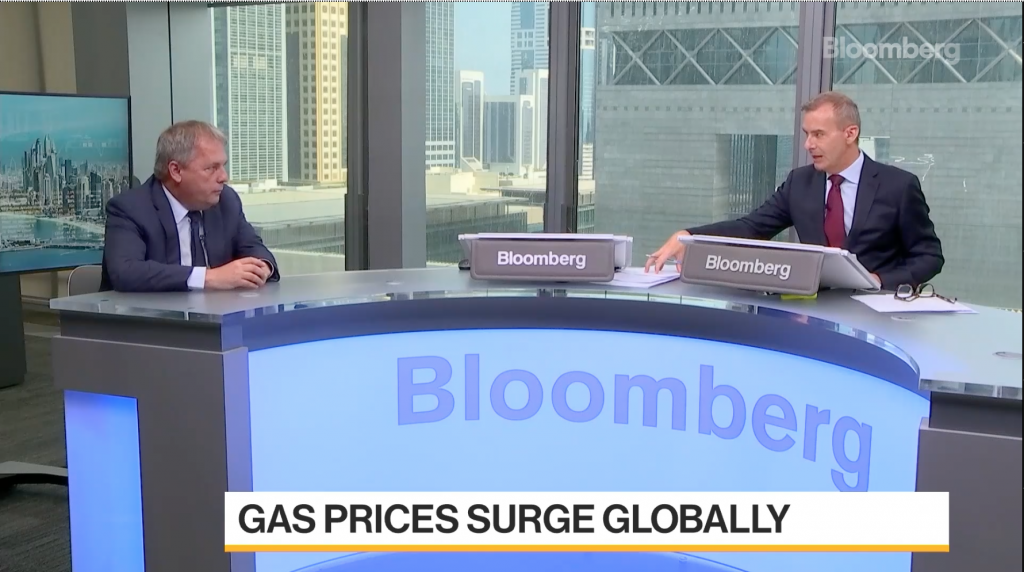In this interview with Manus Cranny from Bloomberg, Christof Rühl, member of the Advisory Board of Crystol Energy and a Senior Fellow at the Center on Global Energy Policy at Columbia University, discusses the latest energy market developments.
Christof explains why oil demand has not recovered as fast as people hoped for, highlighting the impact that efficiency improvements have had on oil consumption. Every year we need about 2.2 million b/d less oil to produce the same global GDP. So, to produce the same GDP at the end of 2021 globally which we had pre-pandemic, we will need 4.3mn b/d less than 2019.
While OPEC+ might have not considered these dynamics of oil intensity, they are aware of the possible consequences. If this trend continues, we will see oil demand peaking before the end of this decade. That will change oil markets and make it impossible for OPEC to continue operating as they have done so far.
Christof further discusses whether we are in a gas crisis, stating that it is not a life-threatening crisis and we have to distinguish whether we are talking about gas supply disruptions – which is very unlikely – or whether we are in situation where prices continue increasing – which we should expect price volatility to be with us. That is mainly driven by two interesting big developments: gas markets are globalising and there is a linkage to energy transition. We are seeing these price increases being supported by carbon prices, mainly taking place in areas where markets are flexible in order to incorporate renewables, blowing up the cost.
Related Analysis
“Oil intensity: The curious relationship between oil and GDP“, Christof Rühl and Tit Erker, May 2021
Related Comments
“Gas prices jump in Europe“, Dr Carole Nakhle, Sep 2021
“Gas crisis hits the European Union“, Dr Carole Nakhle, Sep 2021
“Spare capacity in focus as OPEC+ output hikes coincide with rising oil security risks“, Dr Carole Nakhle, Sep 2021









